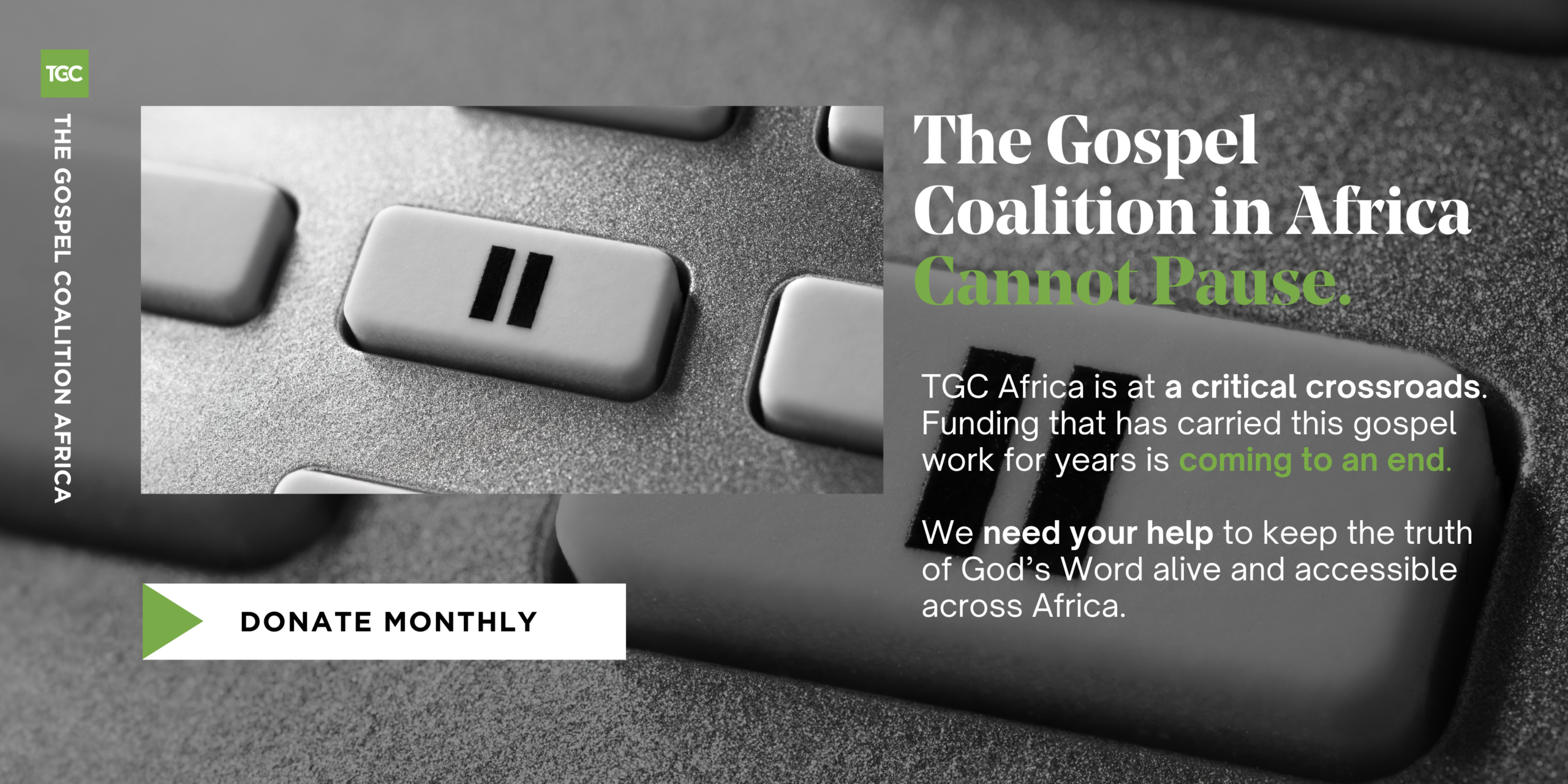A few years ago, I officiated a wedding where the groom wanted to walk down the aisle to a reworked version of Leonard Cohen’s ‘Hallelujah’. During the week of the wedding, the lead singer told me that the resident clergy had not approved the song. The clergy advised me to help the groom choose an alternative, as the clergy considered Cohen’s song blasphemous.
Cohen’s Hallelujah is a song Christians should embrace.
However, I recently witnessed a bride, outside a cathedral, walking down the aisle to Cohen’s ‘Hallelujah’. I wondered why it was considered blasphemous and vetoed in one church, but accepted in another, even though both belong to the same denomination.
In this article, I argue that far from being blasphemous, Cohen’s ‘Hallelujah’ is a song Christians should embrace—for reasons I will explain shortly. In what follows, I present the argument of those who believe Cohen’s song is blasphemous, followed by those who argue otherwise, and then provide a critique.
Cohen’s ‘Hallelujah’ Is Blasphemous
From a Christian perspective, the word ‘hallelujah’ is traditionally an expression of joy and praise for God. But can the same be said of Cohen’s ‘Hallelujah’? Shari Abbott does not think so. She argues that although “the music is hauntingly moving and the word ‘hallelujah’ is repeatedly used twenty-nine times, the song’s lyrics do not honour God.” According to Abbott, this is due to Cohen’s Jewish beliefs, which view Jesus merely as a moral figure rather than God. She suggests Cohen’s song borders on blasphemy and instead recommends Kelly Mooney’s version, which proclaims Christ’s redeeming work.
Cohen’s ‘Hallelujah’ lacks the gospel narrative, despite being littered with biblical allusions.
Like Abbott, Scott Cost does not consider Cohen’s song to be Christian. He describes it as “an anthem for sad scenes; a haunting melody; a vehicle to showcase a singer’s range; a story of a love gone wrong; and a bemoaning of a love gone bad.” Thus, according to Abbot and Scott, Cohen’s ‘Hallelujah’ lacks the gospel narrative, despite being littered with biblical allusions, and for this reason, it borders on blasphemy.
Cohen’s ‘Hallelujah’ Is Not Blasphemous
Unlike Abbott and Scott, Luke Buckmaster, a film and TV critic at Daily Review, believes Cohen has been misunderstood and doesn’t consider his work blasphemous. Buckmaster writes that Cohen’s song is “steeped in Christian imagery” and invites various interpretations. He argues that Cohen’s lyrics are wrought in poetry, and therefore, each stanza should be read cola to cola, not cola by cola. In other words, each line is an image whose meaning emerges through juxtaposition with others. In movies, if we see a melancholic man followed by a scene at a funeral, we infer that he is grieving. Similarly, in Psalm 73:3, arrogance in the first cola is juxtaposed with wickedness in the second cola. The first image enhances the second, suggesting that the people weren’t just arrogant but also wicked.
Poetry is open to various readings, and Cohen’s ‘Hallelujah’ is no exception.
Buckmaster suggests that Cohen may be alluding to the third commandment: “You shall not take the name of the Lord your God in vain” (Exodus 20:7). A law that presumes we already know God’s name. In essence, one could either break or fulfil this commandment by poetically substituting God’s name with something like ‘a rose’. If this is the case, Cohen’s third stanza seems to ask, what’s in a name, and really, why should it matter to you? This is just one interpretation among many. Ultimately, poetry is open to various readings, and Cohen’s ‘Hallelujah’ is no exception.
A Broken (Not Blasphemous) Hallelujah in Cohen’s ‘Hallelujah’
Abbott’s critique is fair, as ambiguity can indeed lead to blasphemy. But I think she doesn’t fully appreciate the poetic nature of Cohen’s song. To Scott, I ask: Has he read the Psalms? For instance, the famous dark Psalm 88, or the imprecatory Psalms (Psalm 35; Psalm 5; Psalm 83)? The suppliants in these Psalms are broken and grieving. Brokenness and grief never make a song blasphemous. If anything, they’re central to the gospel (see Matthew 5:4). It is especially in this regard that I find Buckmaster’s assessment compelling, and here’s why.
If Cohen’s Hallelujah is broken, so is mine.
What if Cohen’s song is a parable? A genius of poetry that calls for our attention to drift beneath the ripples before we dismiss it as blasphemous? For instance, Cohen’s sexual and spiritual imagery in the second stanza acknowledges the contemporary entanglement of humanity’s sacred and secular desires. This tension is evident in the scriptures, as seen in James 1:14-15 and Galatians 5:16-17. So, when Cohen draws our attention to David and Samson’s broken ‘hallelujahs’, our broken hallelujahs become apparent. Our hallelujahs are broken by the pleasures of the flesh and the world; they’re man-centred, not God-centered.
Thus, Buckmaster is right when he says, Cohen’s ‘Hallelujah’ “is not a victory march; it’s a broken Hallelujah.” And if Cohen’s Hallelujah is broken, so is mine. My hallelujah is broken because my heart is broken. As “a baffled king composing ‘Hallelujah”, David’s redemption began with God’s search for him (1 Samuel 13:14). We’re no exception. For only from a broken and contrite heart comes not a broken but a whole hallelujah (Psalms 51).
In Conclusion
Cohen’s ‘Hallelujah’ is an easy target to cancel from our gospel playlists. Gospel playlists that sometimes have little to do with the gospel. I have observed, in my Ugandan context, that when some Christians sing popular ‘gospel’ songs, they are largely indifferent to theology, or its absence. Instead, their focus is on the emotions the songs evoke. Deep philosophical reflection is also rare.
Our broken hearts need a surgeon, and that surgeon is Christ Jesus.
I don’t find Cohen’s ‘Hallelujah’ blasphemous. You might agree with Abbott, Scott, Buckmaster, or none of them, including me. Regardless of where you stand, I hope you won’t deny the evocative imagery in Cohen’s poetic ‘Hallelujah’. That we are all broken and in need of a Saviour. At least, that is what I see. As to whether Cohen should serenade your wedding day as you walk down the aisle—that’s for you to decide. But what I would like us to reflect on is the condition of our broken hearts. And remember that our broken hearts need a surgeon, and that surgeon is Christ Jesus.
DON’T HAVE PAYPAL TO SET UP A MONTHLY DONATION? If you would like to donate via Payfast – a secure payment gateway available to donors both inside and outside of Africa – please click here.










